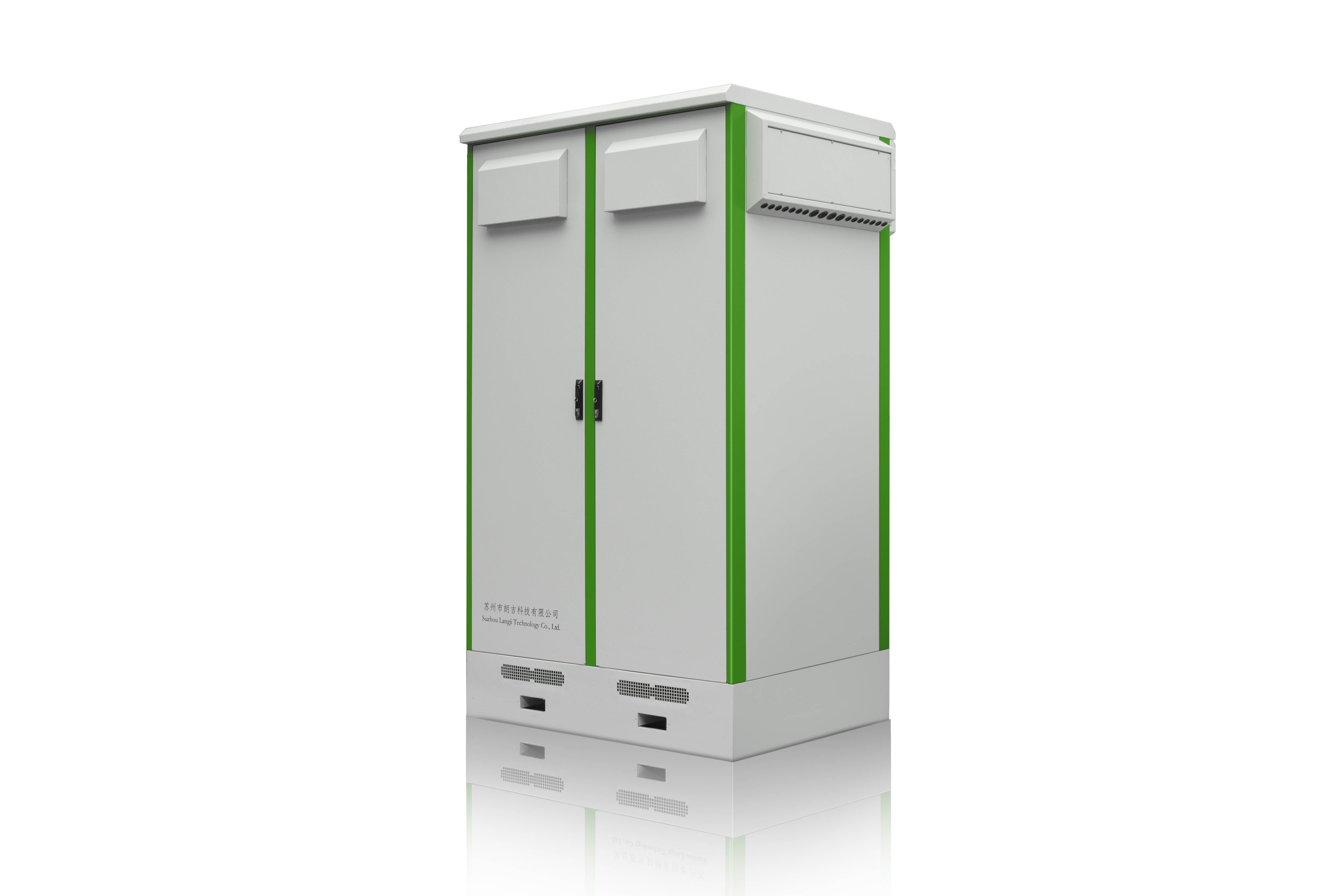
Th11 . 18, 2024 12:27 Back to list
energy storage business product
The Importance of Energy Storage in Modern Business
In an era where the world is shifting towards sustainable energy solutions, the energy storage business is gaining unprecedented momentum. As the demand for renewable energy sources like solar and wind continues to rise, the need for effective energy storage systems has become crucial for both businesses and consumers. Energy storage technologies not only enhance the reliability of power supply but also play a pivotal role in optimizing energy usage and minimizing operational costs.
Understanding Energy Storage Technologies
Energy storage systems can be categorized into various types, with batteries being the most commonly recognized. Lithium-ion batteries, for instance, have emerged as the dominant technology due to their high energy density, efficiency, and declining costs. Other types of energy storage include pumped hydro storage, compressed air energy storage, and thermal storage systems. Each of these solutions has unique benefits, making them suitable for different applications and scales.
Benefits for Businesses
1. Cost Efficiency One of the most compelling reasons for businesses to invest in energy storage is the potential for cost savings. Energy storage allows companies to store energy during off-peak hours when prices are lower and use it during peak demand times when prices tend to spike. This strategic management of energy resources helps reduce electricity bills significantly.
2. Grid Independence and Reliability With the increasing frequency of power outages and fluctuations in the grid, energy storage systems provide a buffer against grid instability. Businesses can maintain operations without interruption, ensuring that they meet customer demands and avoid financial losses associated with downtime.
3. Enhanced Energy Management Implementing energy storage allows businesses to take control of their energy consumption. Real-time data analytics and energy management systems help organizations monitor usage patterns and optimize their energy consumption, making them more efficient and environmentally friendly.
4. Supporting Renewable Energy Integration As more businesses shift towards renewable energy, integrating these sources into their energy mix becomes essential. Energy storage plays a critical role in this transition by enabling the storage of excess renewable energy generated during peak production times. This stored energy can then be used during periods of low production, facilitating a seamless transition to a cleaner energy future.
energy storage business product

Market Growth and Future Trends
The energy storage market is experiencing rapid growth, driven by technological advancements, decreased costs, and increased adoption of renewable energy sources. According to industry reports, the global energy storage market is projected to reach significant milestones by the end of this decade. Major investments from both private and public sectors are boosting research and development, leading to innovations in energy storage technologies.
One notable trend is the rise of decentralized energy storage solutions. As businesses and homeowners adopt solar panels, the need for onsite energy storage solutions is becoming more prevalent. This transition not only benefits individual users but also contributes to the overall stability of the grid.
Furthermore, the advent of smart grid technology is enhancing the functionality of energy storage systems. The integration of artificial intelligence and machine learning can help optimize energy distribution and consumption, maximizing the efficacy of energy storage solutions.
Challenges Ahead
Despite the promising prospects, the energy storage industry faces several challenges. Regulatory hurdles, technological limitations, and the need for standardized frameworks are significant barriers to widespread adoption. Additionally, the environmental impact of battery production and disposal requires careful consideration to ensure that the shift towards energy storage aligns with sustainability goals.
Conclusion
In conclusion, the energy storage business represents a critical component of modern energy strategies, offering a plethora of benefits for businesses looking to enhance efficiency and reduce costs. As technology continues to evolve, and the market becomes more robust, the role of energy storage in supporting renewable energy integration and achieving energy independence will only grow. For businesses, investing in energy storage isn't just a financial decision; it is a step towards embracing a smarter, more sustainable future. With the right strategies, organizations can harness the full potential of energy storage to drive innovation, resilience, and sustainable growth.
-
High-Performance Energy Storage Systems | OEM & ESS Solutions
NewsAug.26,2025
-
Next-Gen Energy Management System: Save Energy & Costs
NewsAug.25,2025
-
Intelligent Energy Management: Optimize & Save Power Smartly
NewsAug.24,2025
-
Boost Efficiency with Smart EMS & Energy Management Systems
NewsAug.23,2025
-
Smart Energy Management System | Save Costs & Boost Efficiency
NewsAug.22,2025
-
Advanced Energy Management Systems: Optimize & Save Costs
NewsAug.19,2025


